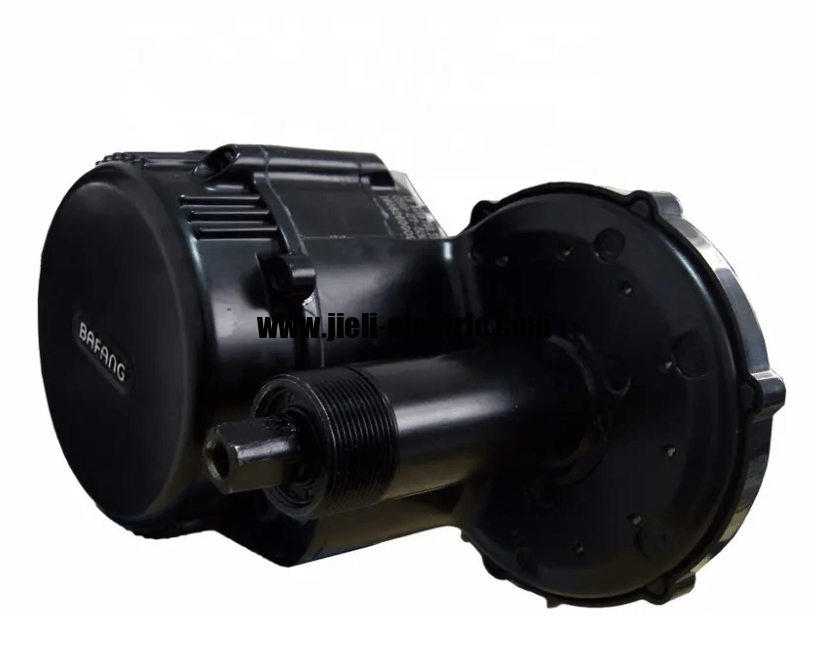As urban transportation needs evolve, the adoption of e-bikes presents a compelling solution for residents and visitors in Victoria. E-bikes, now recognized as e bikes legal in Victoria, offer a range of benefits that extend beyond mere convenience. From health improvements associated with increased physical activity to significant environmental advantages, these electric bicycles are reshaping how individuals navigate the city. Furthermore, e-bike ownership represents a cost-effective alternative to traditional commuting methods, enhancing flexibility and accessibility for all users. By promoting tourism and fostering community engagement, e-bikes contribute to a more connected and sustainable urban environment.
Health Benefits of E-Bikes
Health benefits associated with e-bikes include improved cardiovascular fitness, enhanced mental well-being, and increased physical activity levels among users. Regular use of e-bikes encourages consistent exercise, which contributes to weight management and overall physical health. The low-impact nature of e-biking makes it accessible to a broader range of individuals, including those with joint issues or limited mobility. Engaging in outdoor cycling can also foster social interactions, reducing feelings of isolation and promoting community connections. Studies indicate that e-bike users report higher levels of happiness and satisfaction compared to non-cyclists. Furthermore, the ability to adjust the level of assistance allows users to tailor their workouts according to their fitness levels. Collectively, these factors underscore the significant health advantages offered by e-bike utilization.
Environmental Impact of E-Bikes
E-bikes contribute significantly to reducing carbon emissions, promoting a cleaner and more sustainable environment in Victoria. Their use decreases reliance on fossil fuels, thereby mitigating air pollution and its associated health risks. The shift from traditional vehicles to e-bikes can lead to reduced traffic congestion, further lowering greenhouse gas emissions. Additionally, e-bikes require less energy to operate compared to cars, making them a more efficient mode of transportation. The promotion of e-bike infrastructure encourages a shift towards greener urban planning and development. Furthermore, e-bikes generate minimal noise pollution, contributing to quieter, more tranquil urban environments. Overall, the integration of e-bikes into daily commuting practices presents a viable solution for enhancing environmental sustainability in Victoria.
Cost-Effectiveness of E-Bike Ownership
Cost-effectiveness in e-bike ownership is increasingly recognized as a significant advantage, particularly in urban settings like Victoria, where commuting expenses can accumulate rapidly. The initial investment in an e-bike is often offset by reduced costs associated with fuel and public transportation. Maintenance expenses for e-bikes tend to be lower compared to traditional vehicles, further enhancing their financial appeal. Additionally, e-bike users can benefit from various government incentives and subsidies aimed at promoting sustainable transportation. The absence of parking fees and reduced wear and tear on infrastructure contribute to overall cost savings for riders. Insurance premiums for e-bikes are generally lower than those for cars, adding to the financial feasibility of e-bike ownership. Overall, the long-term savings associated with e-bike use presents a compelling case for their adoption in Victoria’s commuting landscape.
Enhanced Commuting Flexibility
Enhanced commuting flexibility allows individuals to navigate urban landscapes with greater ease, accommodating varying schedules and unexpected travel demands. E-bikes empower users to bypass traffic congestion, making it possible to reach destinations more swiftly. The ability to adjust travel speeds according to personal preference or urgency enhances the overall commuting experience. Additionally, e-bikes can facilitate last-minute travel decisions, enabling riders to respond to changes in plans without the constraints of traditional transportation methods. This adaptability is particularly beneficial in urban settings, where public transport schedules may not align with individual needs. Furthermore, the compact nature of e-bikes allows for easier parking and storage, further streamlining the commuting process. Ultimately, the enhanced commuting flexibility afforded by e-bikes contributes to a more efficient and enjoyable travel experience in Victoria.
Accessibility and Inclusivity
Accessibility and inclusivity are significantly improved through the integration of e-bikes, allowing a broader range of individuals to engage in cycling regardless of physical ability. E-bikes provide assistance to riders, making it easier for those with physical limitations or varying fitness levels to navigate urban environments. This increased accessibility encourages more diverse populations to adopt cycling as a viable mode of transportation. Furthermore, e-bikes can facilitate independence for individuals who may not have access to traditional forms of mobility. The availability of various e-bike models caters to different user needs, enhancing personal comfort and usability. As a result, communities become more interconnected as e-bikes bridge the gap between traditional cycling and alternative mobility solutions. Ultimately, the proliferation of e-bikes fosters a more inclusive cycling culture, promoting sustainability and healthier lifestyles for all.
Promoting Tourism and Exploration
The integration of e-bikes into Victoria’s transportation landscape serves as a catalyst for promoting tourism and exploration, allowing visitors to experience the region’s attractions in a sustainable and engaging manner. Tourists can easily navigate the city’s picturesque streets and scenic routes, enhancing their overall experience. E-bikes offer a unique way to access remote areas and hidden gems that might be overlooked when using traditional modes of transport. This eco-friendly option aligns with the growing trend of sustainable tourism, appealing to environmentally conscious travelers. Moreover, the availability of e-bikes encourages longer stays as visitors can cover more ground without the fatigue associated with conventional cycling. Local businesses also benefit from increased foot traffic as tourists explore shops, restaurants, and attractions along their routes. By fostering a culture of active tourism, e-bikes contribute to a vibrant and economically sustainable community in Victoria.
Community Engagement and Connectivity
Community engagement and connectivity are significantly fostered through the use of e-bikes, as they encourage social interactions and promote active participation in local events. By providing an accessible mode of transportation, e-bikes enable individuals to explore their communities more freely and connect with neighbors. This increased mobility facilitates attendance at community gatherings, markets, and recreational activities. Furthermore, e-bikes serve as a catalyst for collaborative initiatives, such as organized rides and eco-friendly campaigns. The shared experience of riding e-bikes can strengthen bonds among community members and enhance a sense of belonging. As e-bike use becomes more prevalent, local businesses may also benefit from increased foot traffic and customer engagement. Ultimately, e-bikes contribute to a vibrant community culture that values connection and shared experiences.
Conclusion
The integration of e-bikes into urban transportation systems presents numerous advantages that extend beyond mere convenience. Health benefits are evident through enhanced cardiovascular fitness and improved mental well-being, while environmental impacts contribute to decreased carbon emissions and reduced traffic congestion. Financially, e-bike ownership offers a cost-effective alternative to traditional vehicles, with lower maintenance costs and potential government incentives. Furthermore, the flexibility and accessibility provided by e-bikes cater to a diverse range of users, fostering inclusivity within communities. Overall, the adoption of e-bikes represents a progressive step toward sustainable and healthier urban living.
If you’re considering the benefits of using e-bikes in Victoria, you might also be curious about battery compatibility. For those who own a Trek e-bike and are wondering, "Can you use a non-Bosch battery?" I highly recommend checking out this informative article here. It provides valuable insights that could enhance your e-biking experience!


